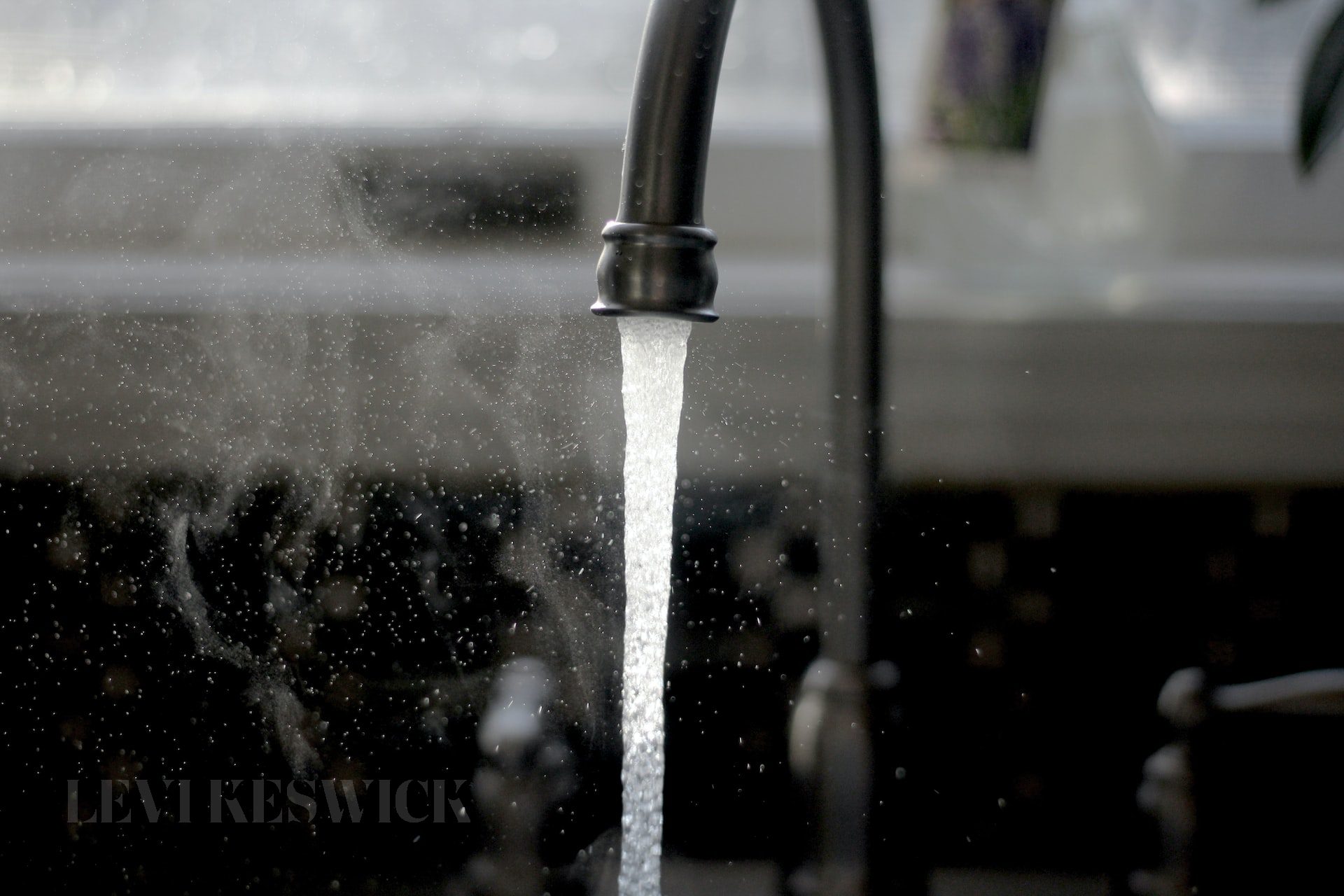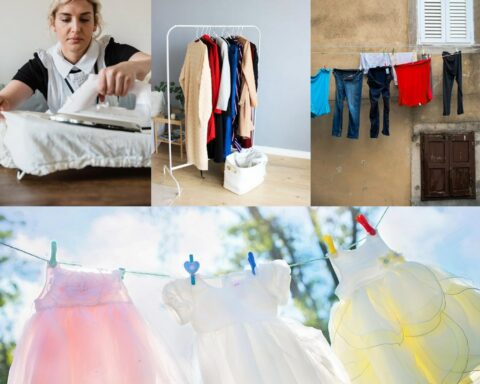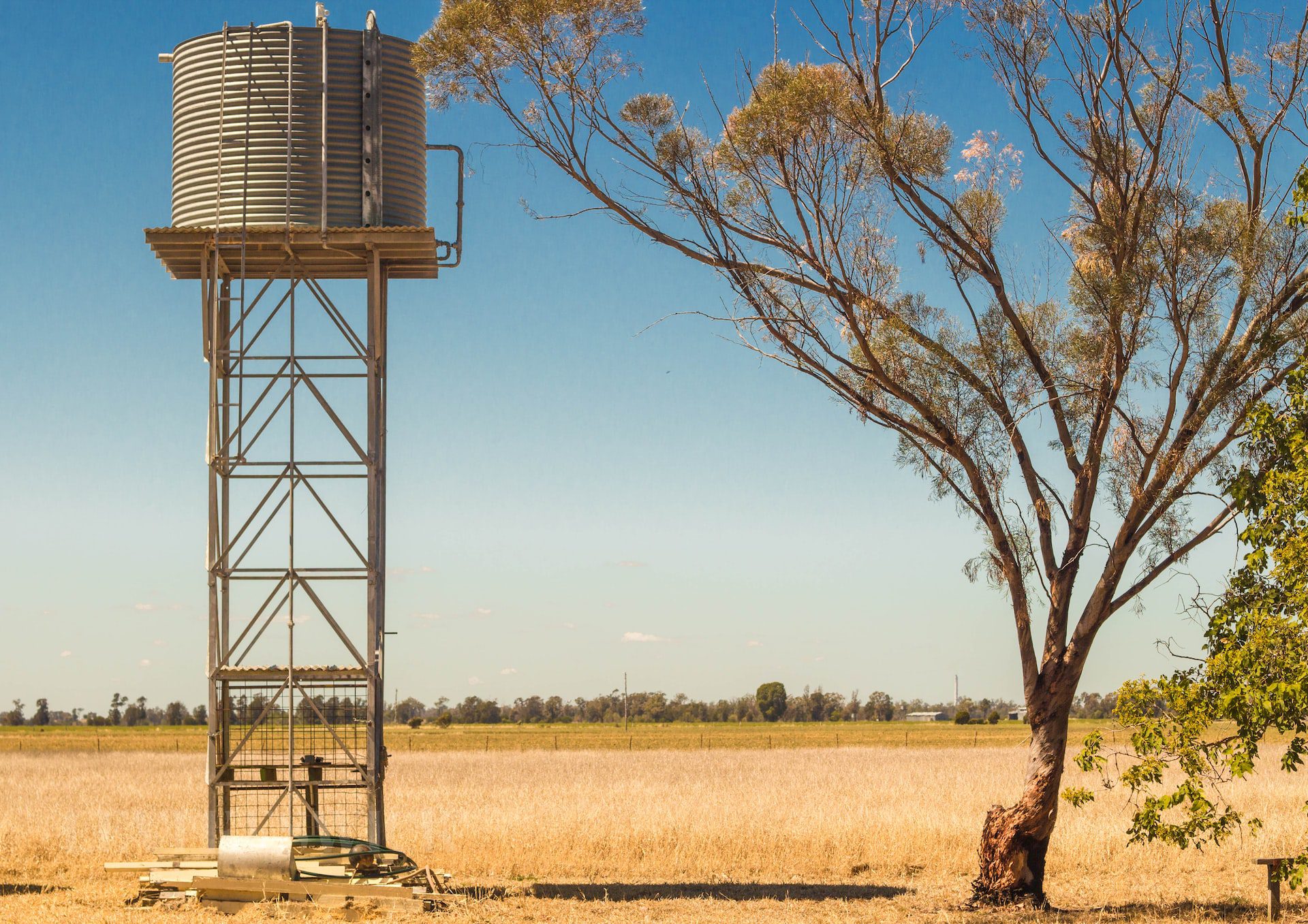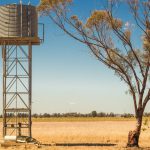If you have hard water in your home, it can be a real pain. Not only does it make your skin feel dry and itchy, but it can also cause all sorts of problems with your appliances. In this blog post, we will discuss the signs of hard water so that you can be aware of them and take steps to address the issue. Hard water is not only bad for your skin and appliances – but it’s also bad for the environment!
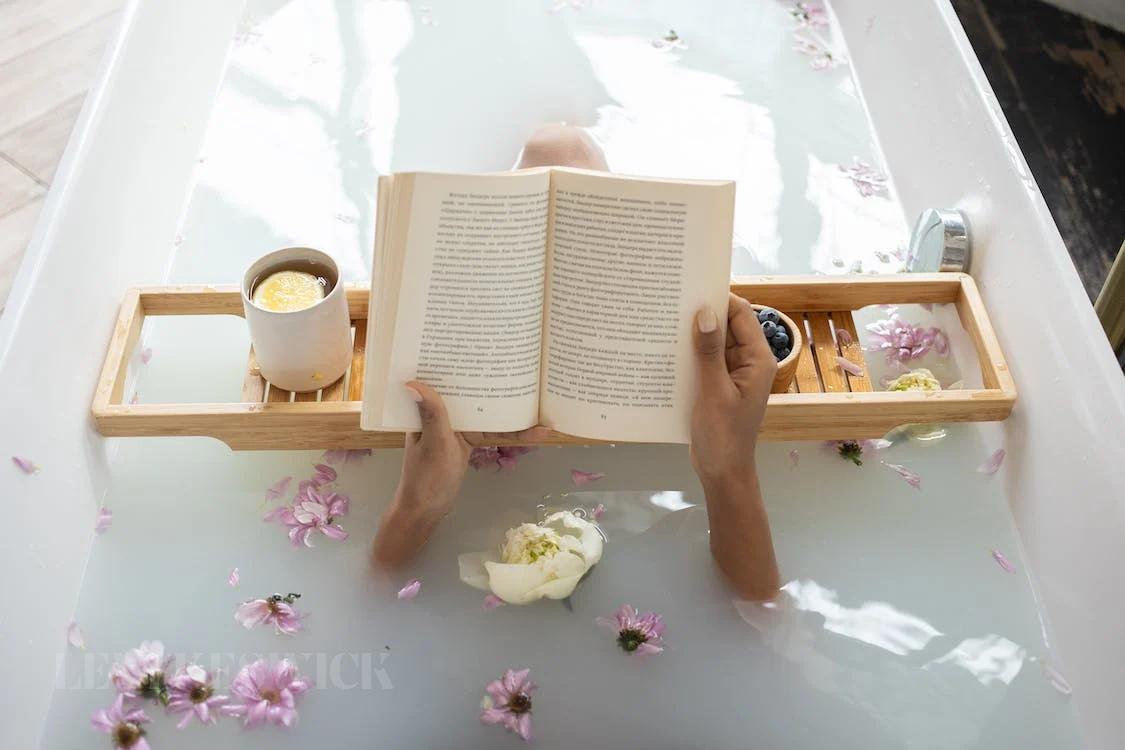
1. Dry, itchy skin
If you notice that your skin is feeling dry and itchy, that could be a sign of hard water. Hard water can cause dehydration in the outer layers of your skin and make it more prone to developing cracks and scabs if you don’t take steps to address the issue right away. For instance, if you notice that your skin is feeling drier than usual, it might be time to invest in a water softener.
2. Clogged drains
If the drains in your home are starting to clog up more easily than usual, that could be a sign of hard water. Hard water can cause buildup on the inside of pipes and appliances, so if you see any signs of this happening or suspect that it might be going on behind the scenes, you should take steps to reduce its impact – such as having your plumbing system flushed professionally or investing in a home water softener to remove the minerals that are causing buildup.
3. Abnormal water pressure
Another sign of hard water is if your water pressure starts to drop over time or seems off-balance. This can often be due to mineral deposits building up in your pipes and appliances, so it’s important to take steps right away to address this issue by installing a home water softener or by having a plumber clean out your system. Also, be sure to contact your local water department and report any abnormal fluctuations in your water pressure so that they can investigate the cause.
4. Increased energy bills
If your energy bills are higher than usual, it could be a sign that you’re using more water than you should be – or that rust and mineral deposits are clogging up your appliances. Either way, if you see an increase in your energy bills without any real change in your usage, it might be time to have a plumber come out and assess the situation to determine whether any problems with hard water are contributing to this trend.
5. Damage to appliances
If you notice that your water-using appliances are starting to run less efficiently, or that they’re not working properly at all, this could be a sign of hard water buildup. Hard water can cause mineral deposits on the insides of your pipes and fixtures, which can make it difficult for water to flow through them smoothly or in large quantities. This is especially problematic if you use these appliances frequently, like when brewing coffee or doing laundry.
6. Discoloration on your dishes
If you notice that there are white or gray streaks forming on your dishes after washing them, this is a surefire sign of hard water in your home. This happens because the minerals in the water leave behind deposits on your dishes, which then turn into streaks when they dry. To combat this problem, make sure to use a dishwasher cleaner as well as a rinse aid regularly – and be sure to use hot water when washing your dishes.
7. Bubbly, dirty sinks, and showers
If you notice that a white film is forming on the surfaces of your kitchen or bathroom sink, this can be a sign of hard water. The minerals in the water react with soap residue and create a thick, pasty substance – which can then clog up your drains over time if left untreated. In addition to using a dishwasher or shower cleaner regularly, try using vinegar as an all-natural way to combat this problem.
8. Overly dry laundry
If you are noticing that your clothes are coming out of the laundry looking slightly stiff and rough instead of soft and fluffy like they should be, that’s a sign that you have hard water in your home. This is a common problem when it comes to washing clothes with hard water, so be sure to add a laundry softener when doing your wash. And if the problem persists, consider investing in a water softener for your home.
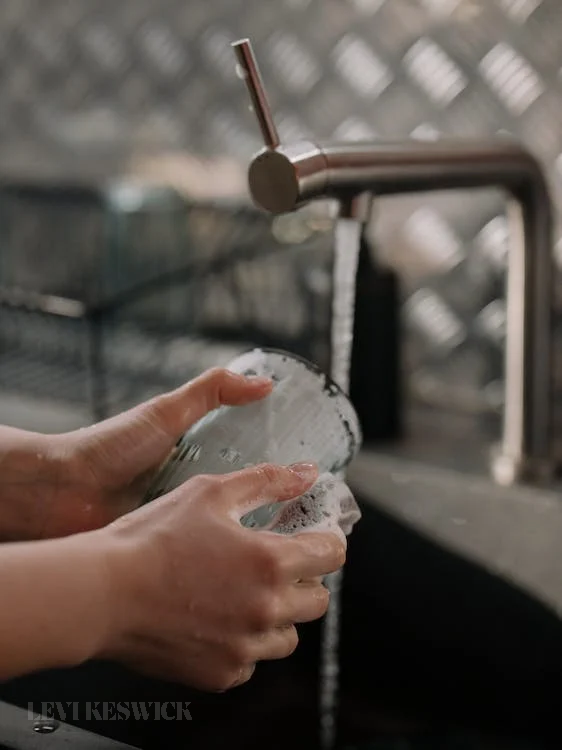
While having hard water can be frustrating, there are steps that you can take to address the issue and keep it from causing damage to your home or appliances. By being aware of the signs of hard water and taking action right away, you can avoid bigger problems down the road!



